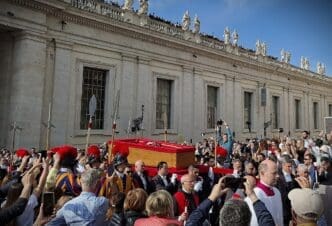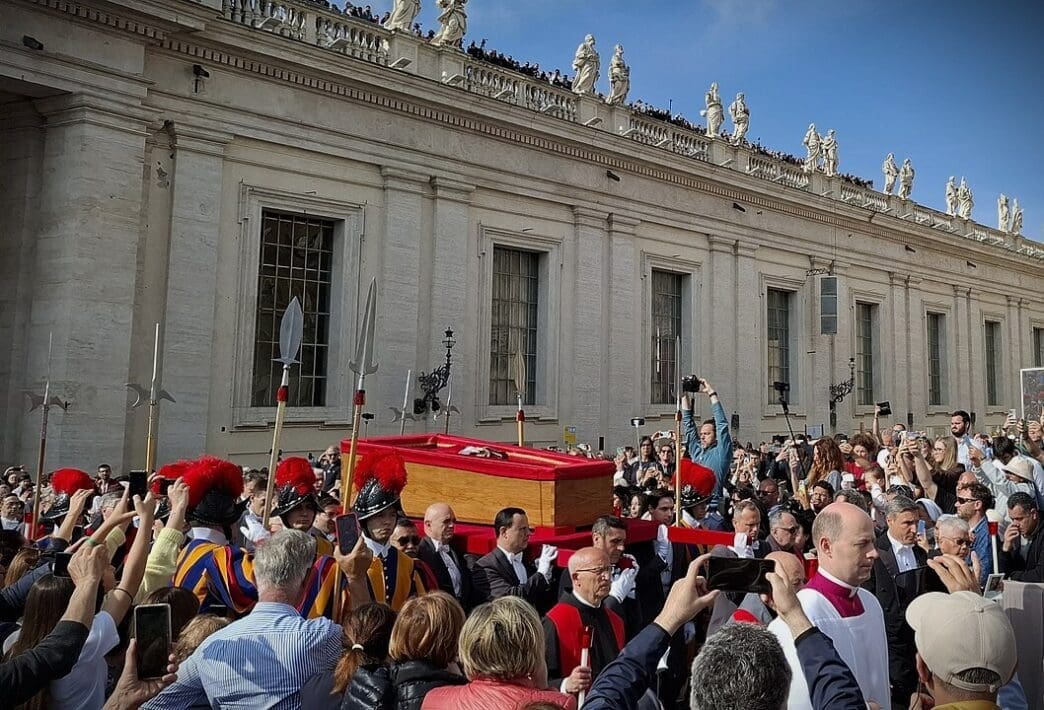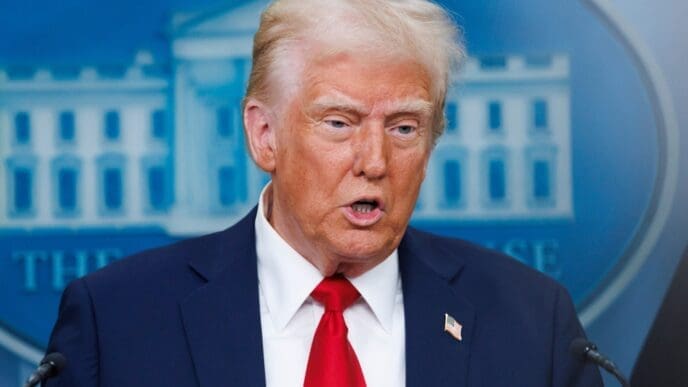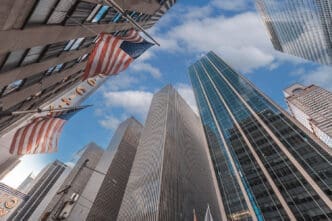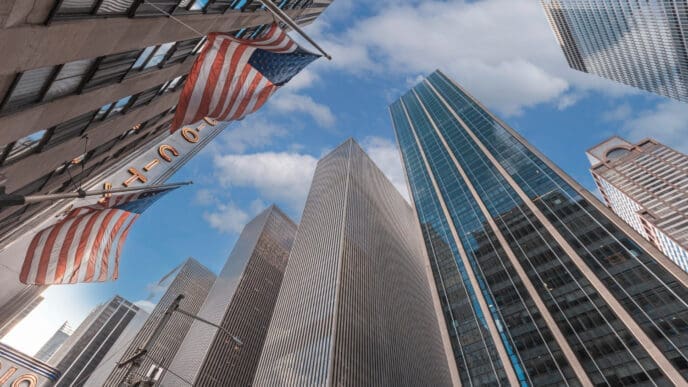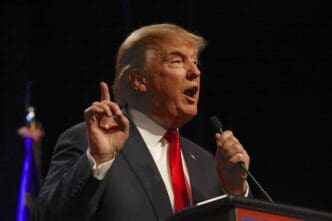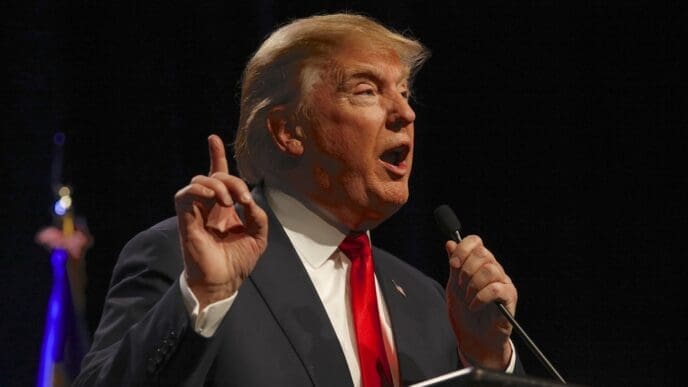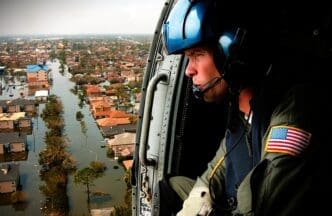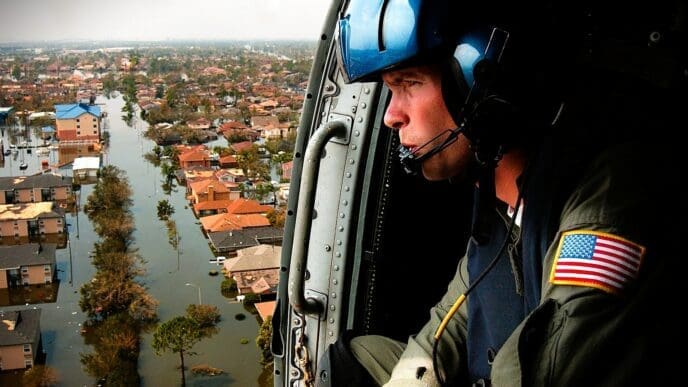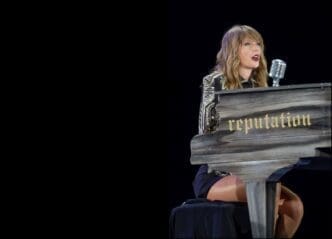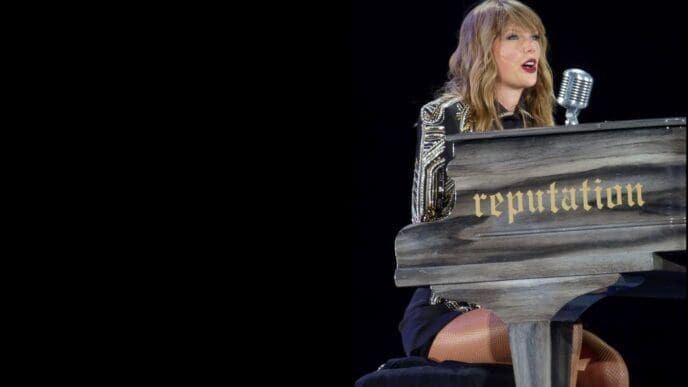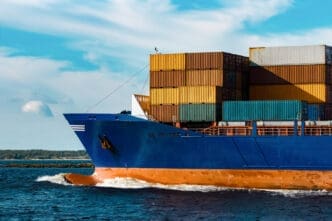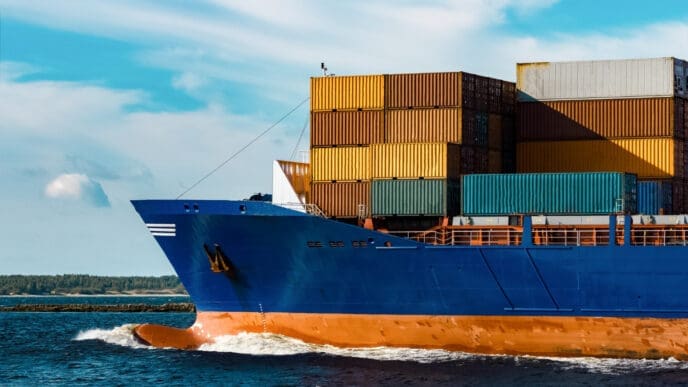The global spotlight turns to Rome as world leaders gather to bid farewell to Pope Francis. Approximately 170 national delegations, including monarchs and international leaders, have arrived in the Italian capital for the solemn event. While the ceremony is primarily a moment of remembrance, it is also anticipated to serve as a platform for informal diplomatic discussions.
The concept of ‘funeral diplomacy’ is not unprecedented. Notable gatherings, such as the funeral of former Japanese Prime Minister Shinzo Abe, have previously facilitated significant political dialogues. When Abe was assassinated in 2022, his funeral attracted over 200 high-level delegations, underscoring his enduring influence. Similarly, the funeral of Queen Elizabeth II witnessed a convergence of global dignitaries.
Another instance of such diplomacy occurred during the funeral of former Iranian President Ebrahim Raisi, who perished in a helicopter crash in May 2024. This event saw leaders from nations with historically strained relations with Iran, such as Arab countries, engage diplomatically in Tehran. The ceremony marked the first official visits to Iran by Tunisian President Kais Saied and Egyptian Foreign Minister Sameh Shoukry since the 1979 Islamic revolution, despite the critical tone towards the United States and Israel during the service.
The presence of numerous international figures at these events often leads to diplomatic and logistical challenges. The confluence of large crowds, multiple venues, and tight schedules can complicate proceedings, particularly when navigating the delicate dynamics between Italian and Vatican authorities. Ambassador Pasquale Ferrara of the Italian Foreign Ministry notes the complexity of managing communications between diplomatic representatives and the need for flexibility in such settings. The unpredictable nature of these gatherings can sometimes foster unexpected human connections and dialogues.
High-profile events like a papal funeral may encourage informal interactions that are less likely to occur in more structured environments. Ambassador Ferrara points out that while extensive preparation is crucial for such summits, the spontaneity of these encounters can be advantageous, allowing leaders to engage in open dialogue.
During his tenure, Pope Francis established a significant relationship between the Vatican’s actions and pressing global political issues, including climate change and international conflicts. This connection has fostered relationships with foreign dignitaries, many of whom are now in Rome to honor his legacy. For these world leaders, the funeral presents a unique opportunity for dialogue and potential diplomatic breakthroughs.
